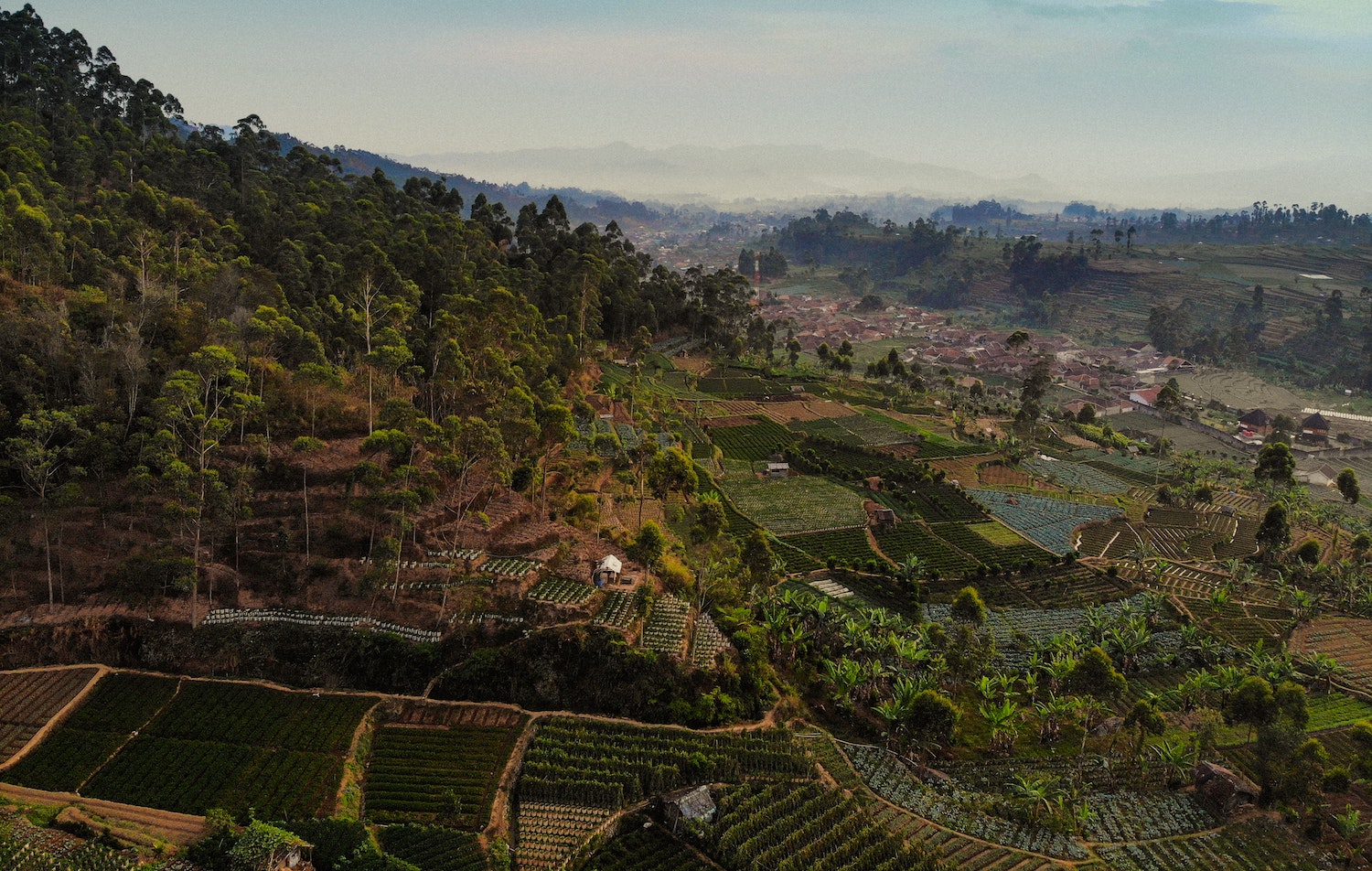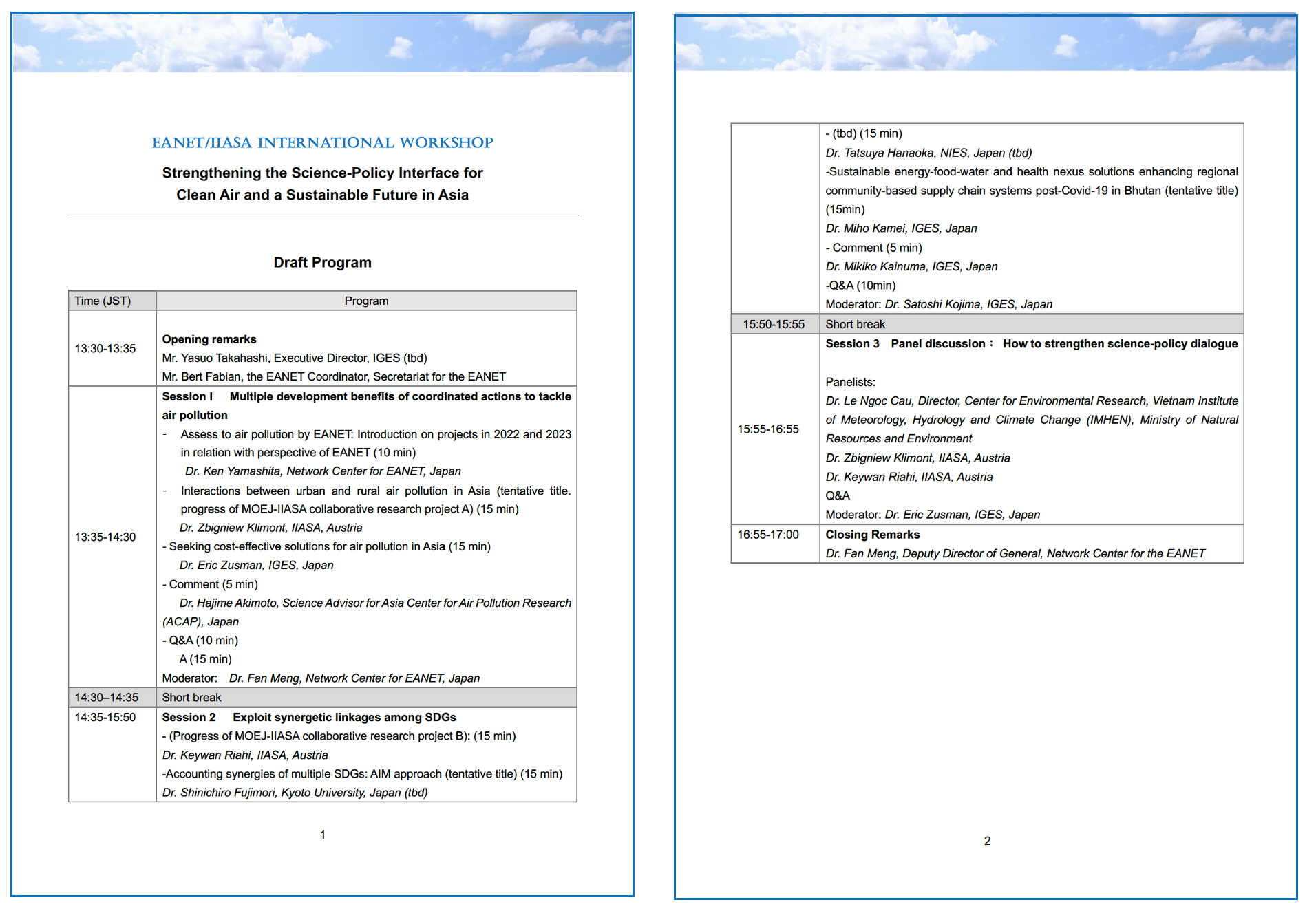
1. Background
In many parts of Asia, the single greatest threat to human health and to a sustainable future is air pollution. A growing body of modeling research has employed emissions inventories, scenario development, and benefit estimation techniques to identify technological and behavioral changes that can limit that threat. The multiple benefits resulting from these interventions offer cost-effective solutions to air quality, public health, and other sustainable development concerns. One would therefore anticipate that the results that would translate easily into policy. However, this is not always the case. Frequently, there can be a disconnect between scientifically based models and the policies they seek to influence. It is therefore critical to discuss not only the most recent scientifically-based models but how that work can effectively interface with decision makers. In short, if models are going to matter, they need to be supported by efforts to strengthen the science-policy interface for clean air.
The EANET/IIASA International Workshop on Strengthening the Science-Policy Interface for Clean Air and a Sustainable Future in Asia will take place on Monday 19 December 2022, from 13:30-17:00 (Tokyo Time: UTC +9).
2. Objectives and Participants
The primary objective of this half-day workshop is to provide learning opportunities on the state-of-the-art modeling analysis that can strengthen that interface in Asia.
This workshop consists of three sessions as follows:
- Session 1 – The modeling analysis employed by project activities of EANET is introduced together with modeling analysis from ongoing collaborative research projects between IIASA and the Ministry of the Environment of Japan (MOEJ) on multiple development benefits of coordinated actions to tackle air pollution.
- Session 2 –This session presents modeling analysis results from ongoing collaborative research projects between IIASA and MOEJ on synergies of achieving SDGs.
- Session 3 –This panel discussion session will discuss how we can design science-policy dialogue to reflect implications from modeling analysis to policy development and to co-design models by incorporating social and institutional dimensions of feasibility
Expected targeted participants are policymakers, scientists, researchers, practitioners, and technical officers of local/national governments working on air pollution-related problems in the EANET Participating Countries of EANET and beyond.
3. Agenda and Program

4. Date, Time, and Location
Date: 19 Dec 2022 (Monday)
Time: 13:30-17:00 (Tokyo Time: UTC +9)
Online: Register for the hybrid event here.
For further inquiries, contact the Network Center for the EANET via email or by phone at (+81)25-263-0556.